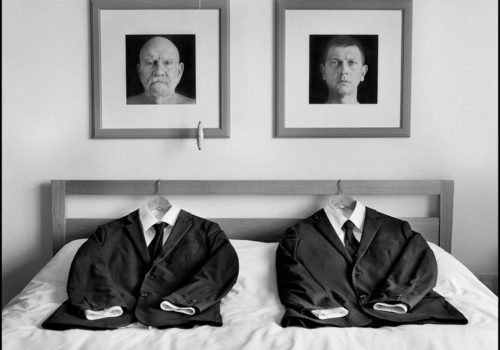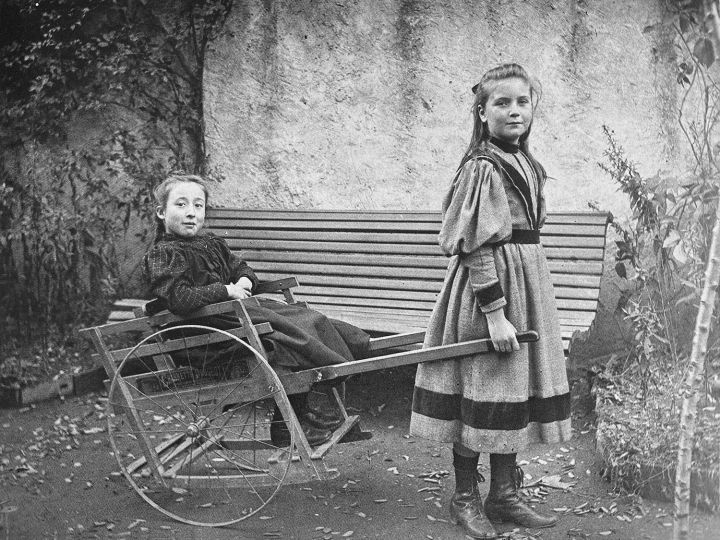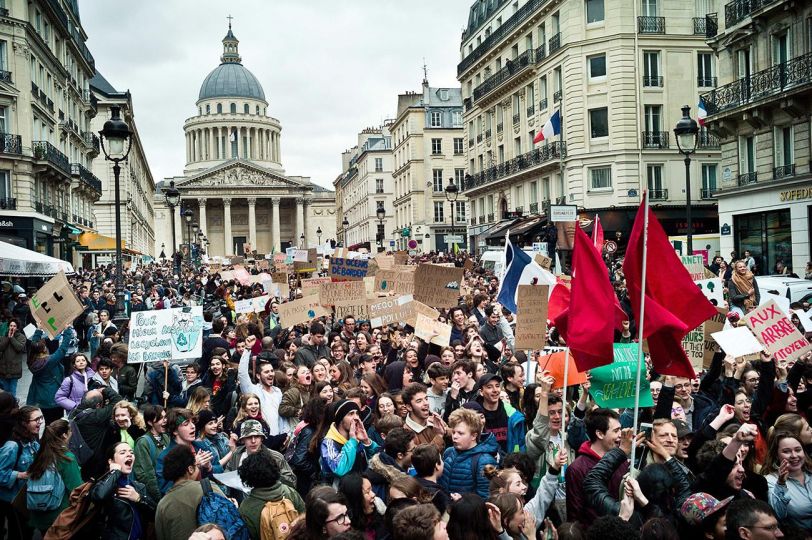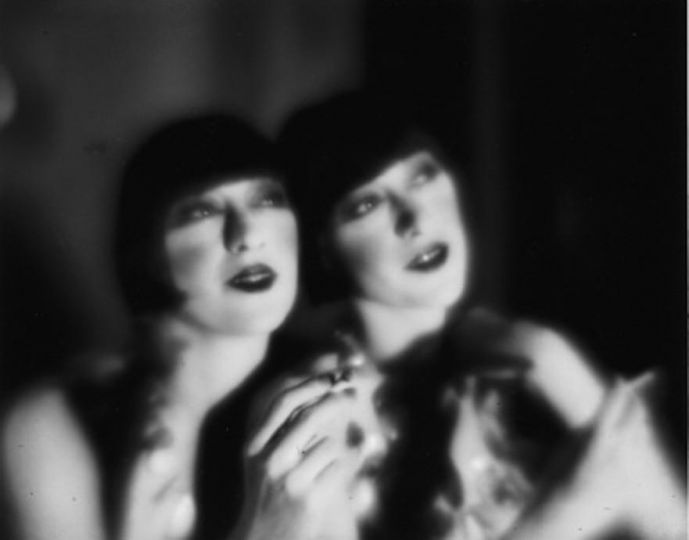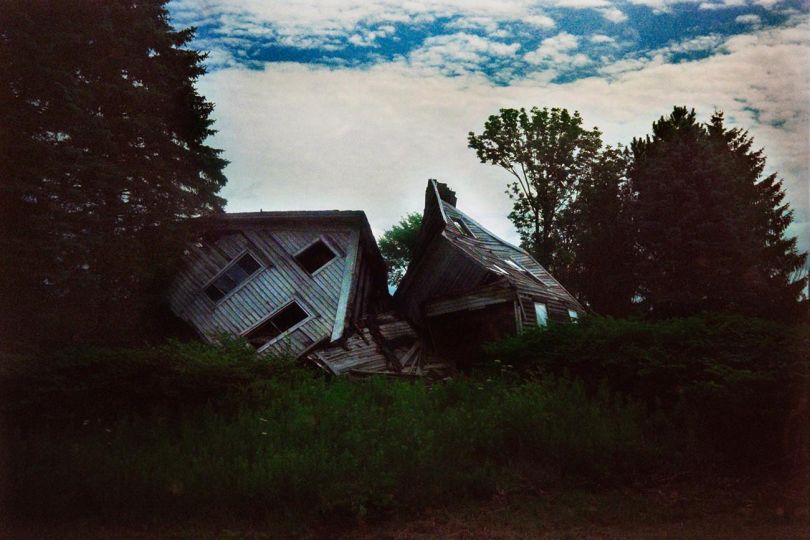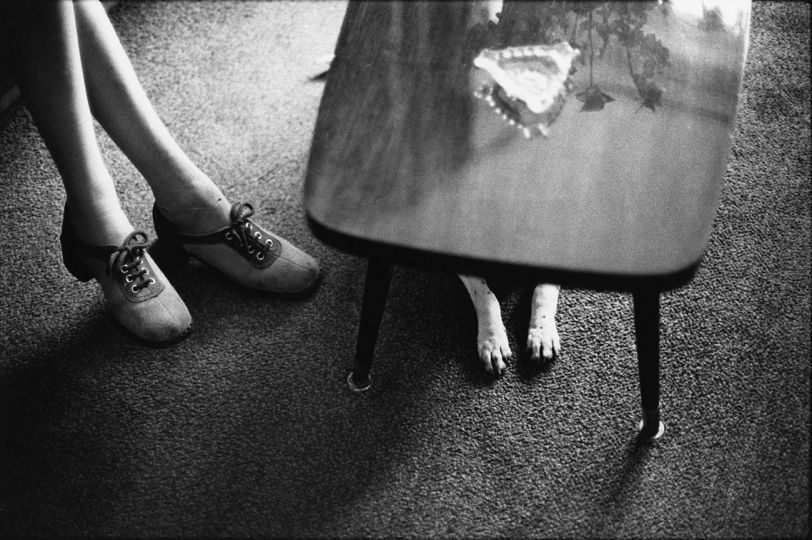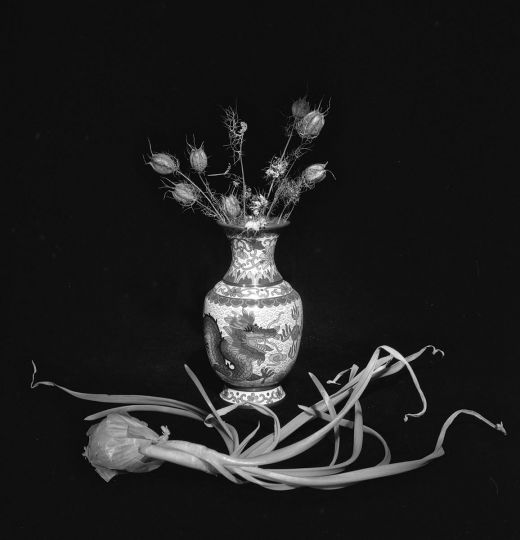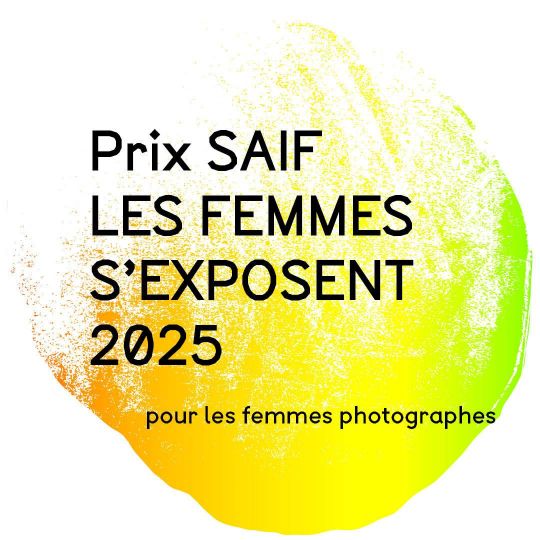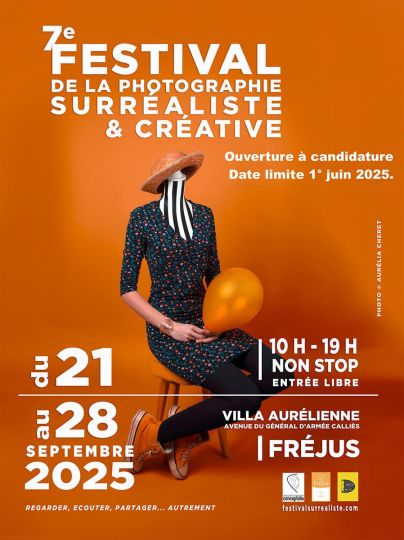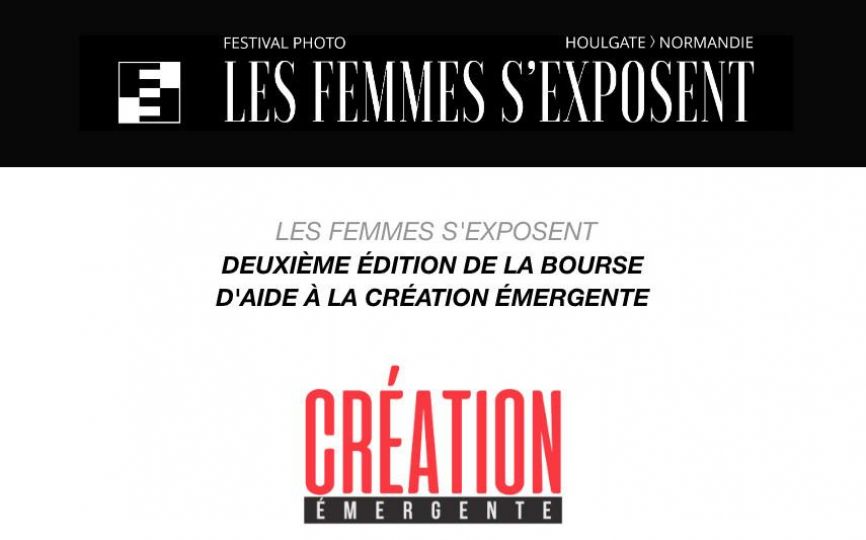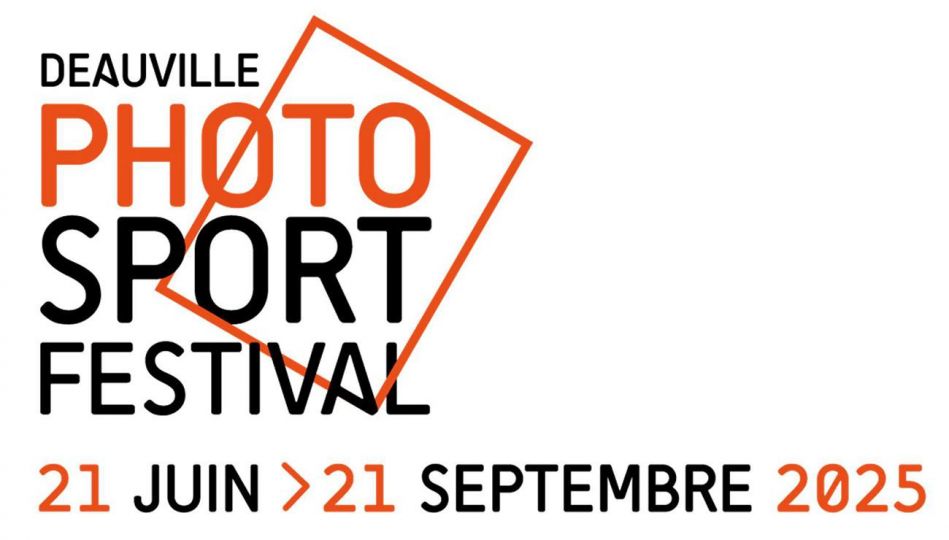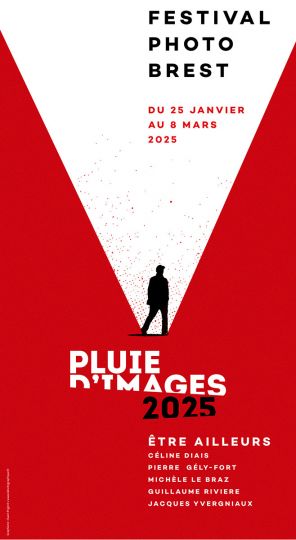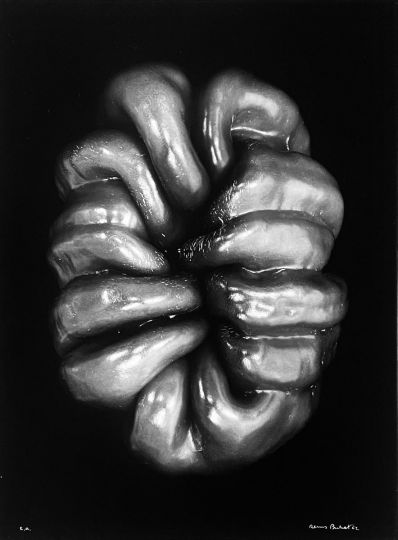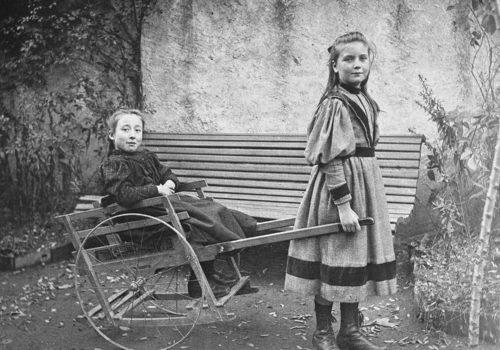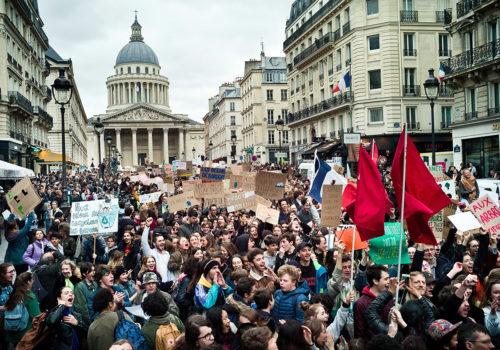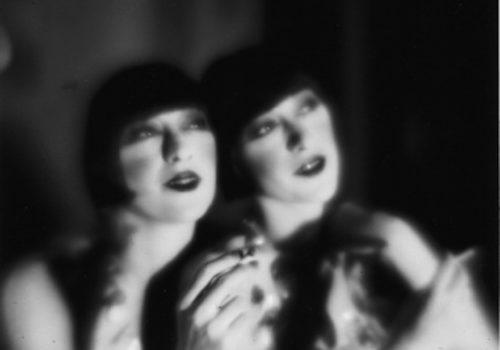Over the last 10 months, the focus of my work has been the performance of various permutations of the wedding portrait. The repetitious act creates multiple generic couples and brings into question the false notion of autonomy promised by existentialism. The philosopher and cultural historian Michel Foucault was opposed to the idea of the existentialist project as it gives the individual the illusion of autonomy. Instead, he focussed more on ‘process’, and the idea of ‘becoming’ rather than ‘being’.
The couple are an allegorical reference to the process of ‘becoming’. They wander through various locales and perpetually repeat the pose, becoming generic rather than specific. My photographic work stems from an overall interest in gender representation and the polemics of representing men under patriarchy. In particular I am interested in the politics of queer representation as Judith Butler asserts:
“If gender is something that one becomes-but can never be-then gender is itself a kind of becoming or activity, and that gender ought not to be conceived as a noun or a substantial thing or a static cultural marker, but rather as an incessant and repeated action of some sort”.1
‘Home and Away’ is a work produced for the ‘From Common Differences’ exhibition which was part of the Ffotogallery ‘Diffusion’ International Festival of Photography in Cardiff 2013. The work is a personal reflection on the current state of social change in Britain and Europe around notions or definitions of marriage. In a time of transition it is possible to see a future where people of the same gender might be considered ‘marriage material’. Whilst one cultural definition might shift, there is a personal awareness that individuals forming relationships across generation divides, whether straight or gay, will always be problematic, especially in terms of representation. ‘Till death us do part’ is a work in progress performing absurd permutations of the wedding portrait in order to evoke a sense of the uncanny – the ‘homely and unhomely’.
‘The Visitors – becoming mr & mrs Andrews’, is a comedic subversive response to John Berger’s polemic about depictions of landscape, the wedding portrait, and landed gentry.
The photographs depict a generic couple who assert their presence into various public locations, sometimes stately and sometimes non-specific landscape locations.
The pair are similarly dressed and pose in a variety of ways. At times the figures look out of place, almost uncanny in their posture and attire.
In other pictures they pose as though they might be the owners of the house in the background. Berger argues that historically, being a landowner was a precondition for philosophical enjoyment of the landscape…”their enjoyment of uncorrupted and un-perverted nature did not, however, usually include the nature of other men”2
The subtle intervention of inserting the homosexual nature of myself and my partner into other peoples land and landscape disrupts the accepted ‘natural order’ and presents a queer alternative to the land owner as a response to the way history is mediated through art and the status of the individual… “We are accused of being obsessed by property. The truth is the other way around. It is the society and culture in question which is so obsessed. Yet to an obsessive his obsession always seems to be of the nature of things and so it is not recognised for what it is. The relation between property and art in European culture appears natural to that culture, and consequently if somebody demonstrates the extent of the property interest in a given cultural field it is said to be a demonstration of his obsession. And this allows the Cultural Establishment to project for a little longer its false rationalised image of itself.”3
1. Judith Butler – Gender Trouble
2. John Berger – Ways of Seeing
3. John Berger – Ways of Seeing
‘Elegy for an aesthete’ is a performance paying homage to Oscar Wilde. While the characters attire is plain, the symbols – the sunflower, the painted green carnation, and the red rose, become allegories for otherness and downfall.
John Paul Evans

